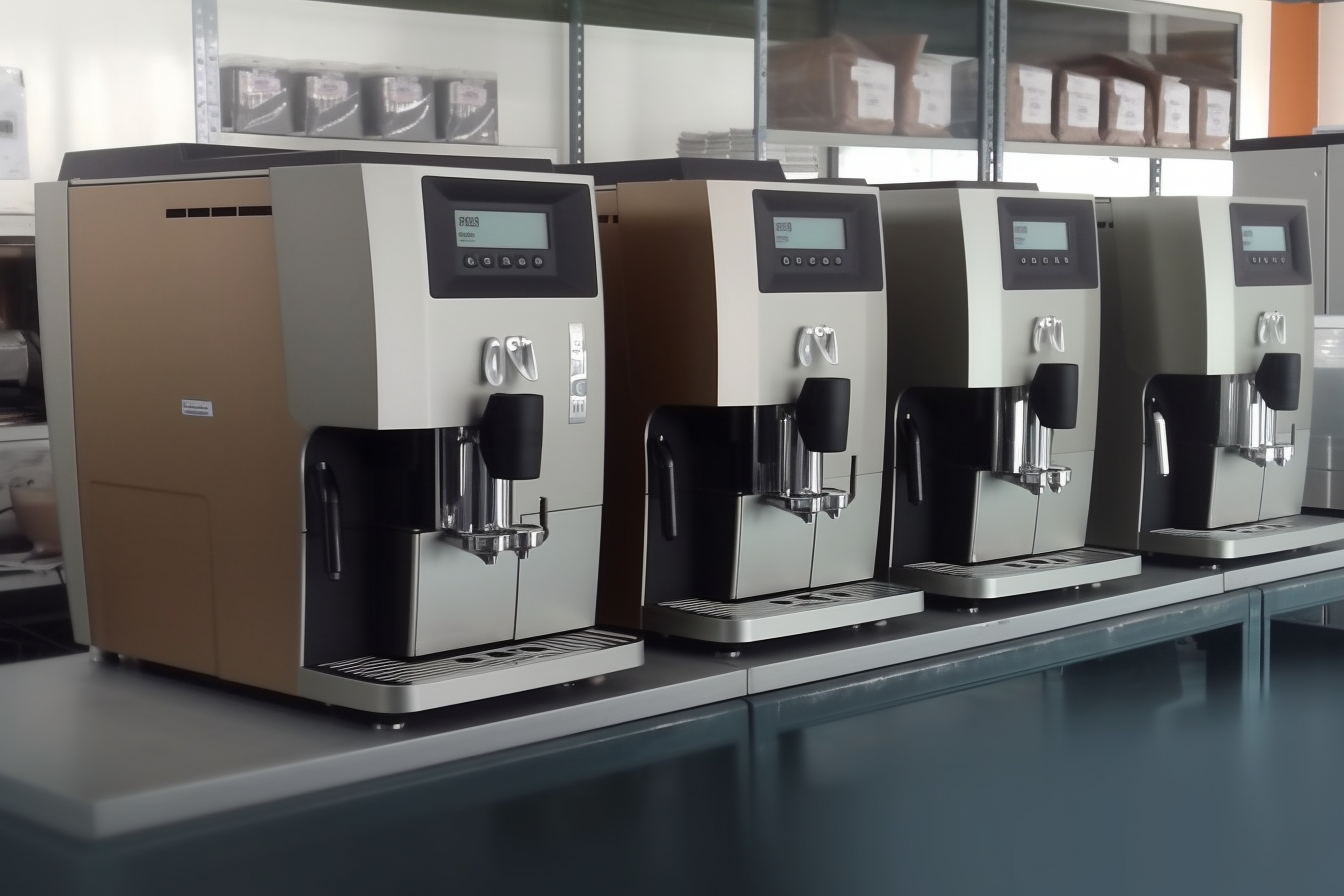Understanding Depression Tests: Your Guide to Mental Health Assessment
Delve into the significance of depression tests, their types, the symptoms of depression, and how these assessments can benefit individuals seeking help. Depression is a common mental health condition that affects millions of individuals worldwide. Unfortunately, many people suffer in silence, either unaware of their condition or unable to seek help.

What is a Depression Test?
A depression test is a screening tool designed to evaluate an individual’s mental health and determine if they may be experiencing symptoms of depression. These tests typically consist of a series of questions about mood, behavior, and thoughts. While not a definitive diagnosis, depression tests can indicate whether further evaluation by a mental health professional is necessary.
Depression tests come in various forms, from self-administered questionnaires to structured clinical interviews. They aim to assess the severity and duration of depressive symptoms, helping healthcare providers make informed decisions about treatment options.
Types of Depression Tests
Several types of depression tests are available, each serving a specific purpose in the assessment process:
-
Self-report questionnaires: These are widely used screening tools that individuals can complete on their own. Examples include the Beck Depression Inventory (BDI) and the Patient Health Questionnaire-9 (PHQ-9).
-
Clinician-administered scales: Healthcare professionals use these more comprehensive assessments during face-to-face interviews. The Hamilton Depression Rating Scale (HDRS) is a common example.
-
Computerized assessments: These tests leverage technology to provide a quick and efficient screening process. They often incorporate elements of self-report questionnaires and can be completed online or through mobile apps.
-
Diagnostic interviews: Mental health professionals conduct structured or semi-structured interviews to gather detailed information about an individual’s symptoms and experiences.
Common Symptoms of Depression
Depression tests are designed to identify and evaluate various symptoms associated with the condition. Some common signs of depression include:
-
Persistent sad, anxious, or “empty” mood
-
Loss of interest or pleasure in activities once enjoyed
-
Changes in appetite or weight
-
Sleep disturbances (insomnia or oversleeping)
-
Fatigue or loss of energy
-
Feelings of worthlessness or excessive guilt
-
Difficulty concentrating or making decisions
-
Thoughts of death or suicide
It’s important to note that everyone experiences depression differently, and not all symptoms may be present in every case. Depression tests help identify patterns and severity of these symptoms to guide appropriate intervention.
The Importance of Depression Tests
Depression tests serve several crucial purposes in mental health care:
-
Early detection: Screening tools can identify depressive symptoms before they become severe, allowing for timely intervention and potentially preventing the condition from worsening.
-
Severity assessment: Tests help gauge the intensity of depressive symptoms, enabling healthcare providers to determine the most appropriate treatment approach.
-
Monitoring progress: Regular assessments can track changes in symptoms over time, helping evaluate the effectiveness of ongoing treatment.
-
Facilitating communication: Depression tests provide a structured way for individuals to express their experiences, making it easier to discuss mental health concerns with healthcare providers.
-
Reducing stigma: By normalizing the process of mental health assessment, depression tests can help break down barriers to seeking help and encourage open conversations about mental well-being.
Where to Find Depression Tests
Depression tests are widely available through various channels:
-
Healthcare providers: Primary care physicians, psychiatrists, and mental health professionals can administer depression tests during regular check-ups or specialized appointments.
-
Mental health clinics: Many community health centers and specialized mental health facilities offer depression screening services.
-
Online platforms: Numerous reputable websites and mental health organizations provide free online depression screening tools. However, it’s important to follow up with a healthcare professional for a proper diagnosis.
-
Employee assistance programs: Some workplaces offer confidential mental health screening services as part of their employee wellness initiatives.
-
Educational institutions: Many colleges and universities provide mental health resources, including depression screening, through their counseling centers.
-
Mobile apps: Several mental health apps offer depression screening tools, though it’s crucial to choose apps developed by reputable organizations or healthcare providers.
While depression tests are valuable tools for identifying potential mental health concerns, they should not be considered a substitute for professional medical advice. If you or someone you know is experiencing symptoms of depression, it’s essential to consult with a qualified healthcare provider for a comprehensive evaluation and appropriate treatment.
This article is for informational purposes only and should not be considered medical advice. Please consult a qualified healthcare professional for personalized guidance and treatment.




